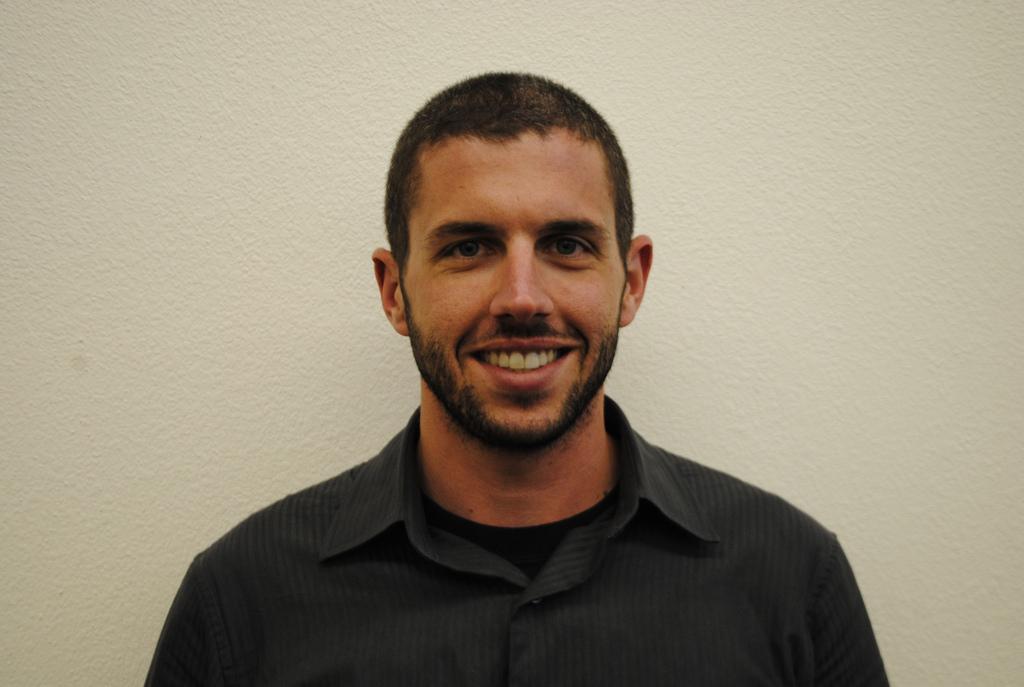I walked down a dirt road, the mist offering cool relief from the jungle heat. In one hand, I held a pail of rice, in the other, bottles of water. I heard the bells of the donkey before I saw the monk. He smiled as I placed the alms in his bag.
“Sawatdee Khrab.” “Hello” was one of the few Thai phrases I knew.
The monk pressed his hands together, bowed and moved on.
I thought back to just two years before when I was patrolling down a dry, dirt road in the blistering Iraqi heat and holding the grip of an automatic rifle. I heard the roar of the engine before I saw the suicide bomber. Then I felt the blast, the sting of shrapnel and the fear of death.
I looked back at the monk and the donkey disappearing into the mist. I reflected on the events and people who had shaped my worldview. The losses I suffered in Iraq gave me heartbreak and bitterness. The joy I shared with orphaned children in Thai villages gave me hope. There, in the jungles of Thailand, I struggled to reconcile the turmoil with the tranquility.
A suicide bomber seeks Paradise through mass murder. The Buddhist monk believes that giving alms is the first step toward Nirvana.
How could such anger and compassion share the same world? What do they tell us of the fate — or promise — of humanity? It was a question I could have asked myself. Why would someone volunteer for war, and find peace aiding the less fortunate?
I cherish peace because I have experienced war. But academically, I am interested in international relations, even when war becomes a tool of foreign policy.
These questions and paradoxes remain at the root of my intellectual inquiry. War and peace have had a profound and personal impact on me. Whether I am studying politics or poetry, both influence my perspective and drive my curiosity.
Contact Chris Clark at inquirer@dvc.edu





































































